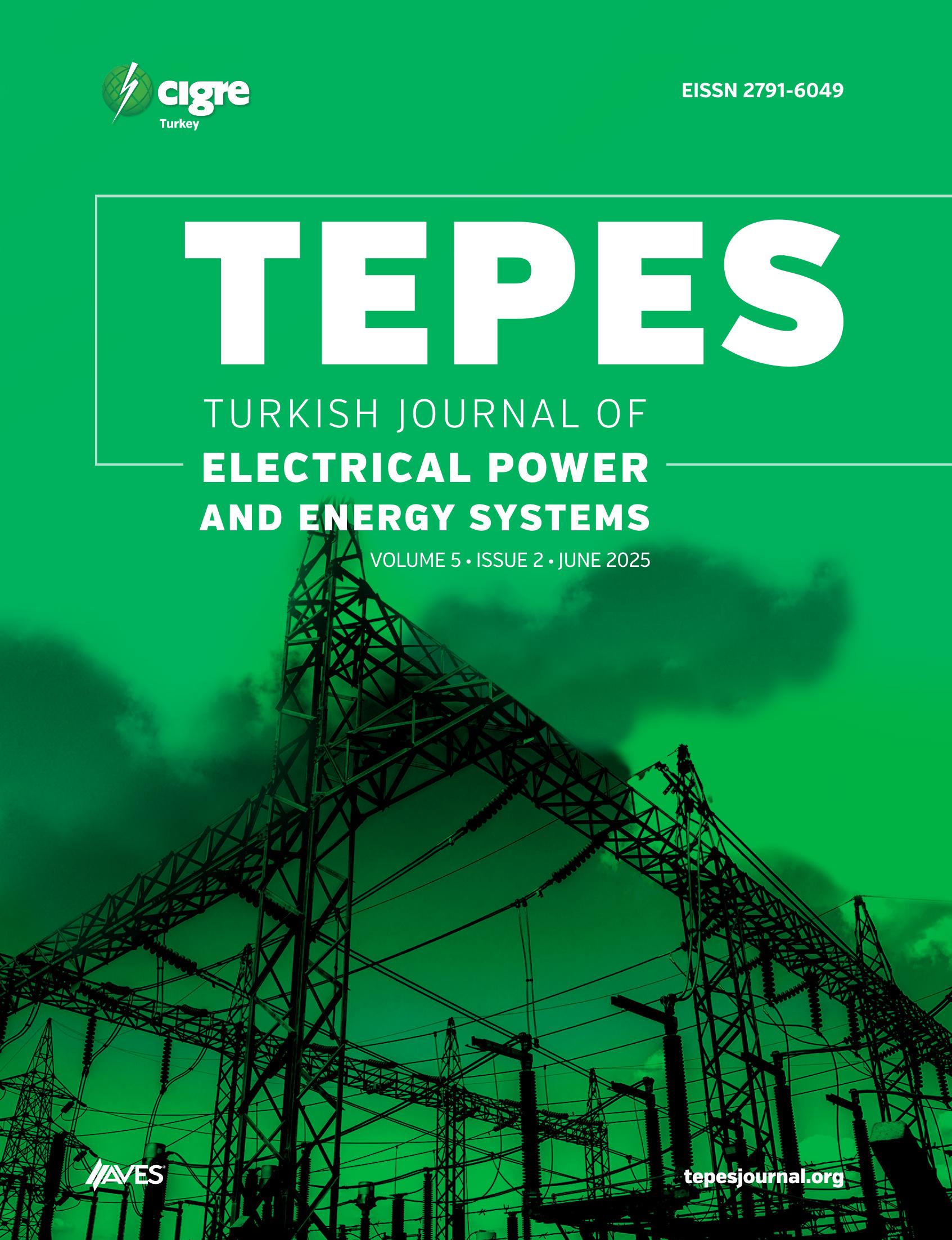The use of renewable energy sources (RESs) can ensure both lower cost of energy and improvement in voltage levels in the grid. Likewise, batteries can help achieve technical improvement and cost reduction. However, the full benefits of integrating RESs and batteries into the grid can only be realized by a suitable energy management system (EMS). In this work, a predictive EMS is developed to optimally operate a microgrid (MG) with photovoltaics and batteries while satisfying voltage constraints in the distribution grid. First, mathematical models of the MG components are obtained. Then, proper load flow method is selected for the network structure. Using component models and the load flow method, a day-ahead EMS is posed as an optimization problem. Since the power flow calculations are nonlinear, the optimization problem is constructed as a nonlinear program. Simulation studies are performed to analyze the sensitivity of the cost of operation and power loss in the grid, with respect to different system parameters. It is confirmed that the purchase price of electricity and the amount of photovoltaic panels were the most effective factors on the daily energy cost.
Cite this article as: S. Polat, E. Bıyık and H. Şekerci Öztura, Sensitivity and cost analysis of a microgrid with a day-ahead energy management system, Turk J Electr Power Energy Syst., 2023; 3(1), 47-60.








